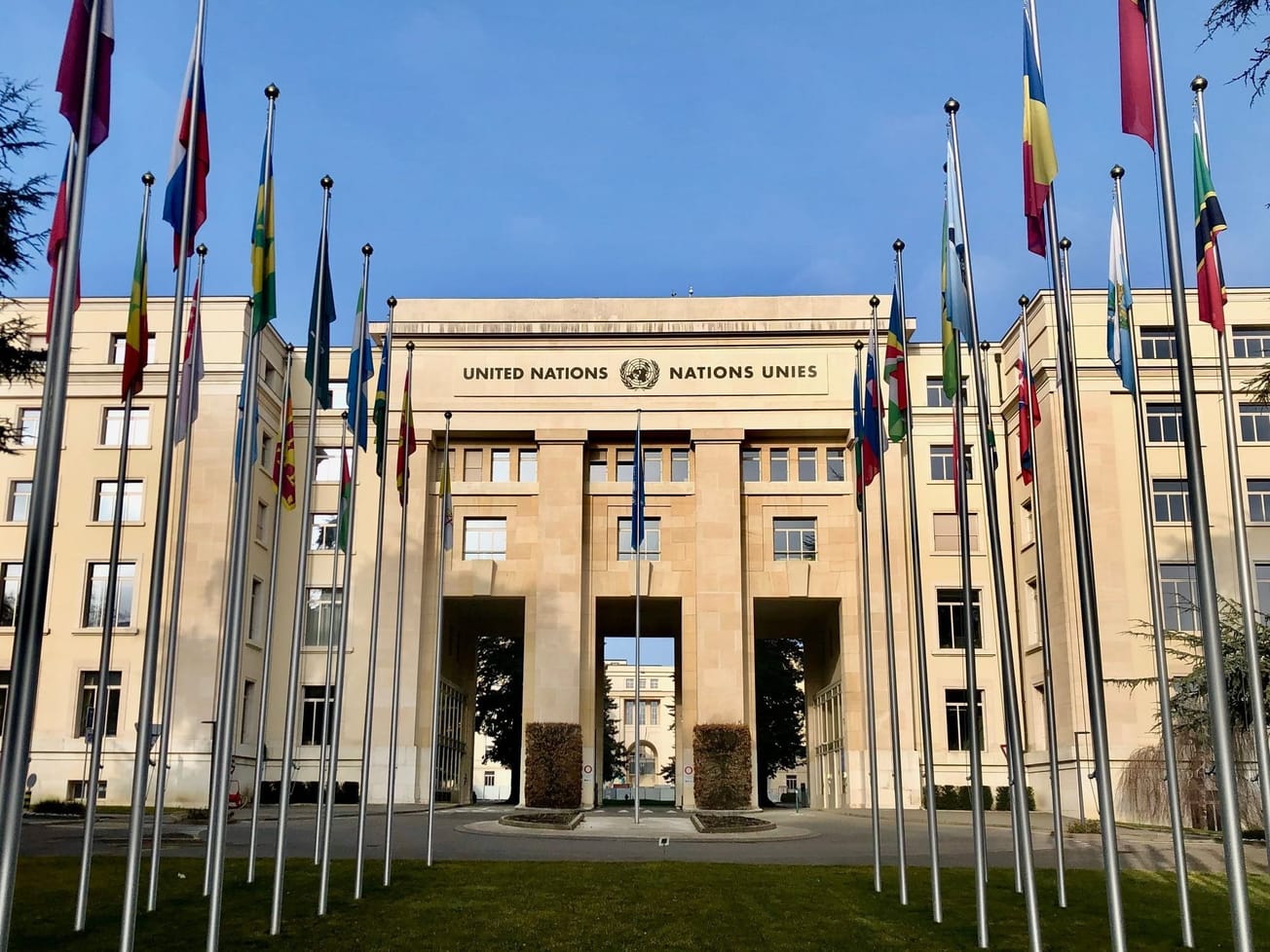GENEVA (AN) — The first international organization dates to a European treaty more than two centuries ago to oversee ship tolls, towpaths and trade disputes on the Rhine River.
The fledging river administration created by the Treaty of 15 October 1804 between the French Empire and Holy Roman Empire of the German Nation evolved into the Central Commission for the Navigation of the Rhine.









